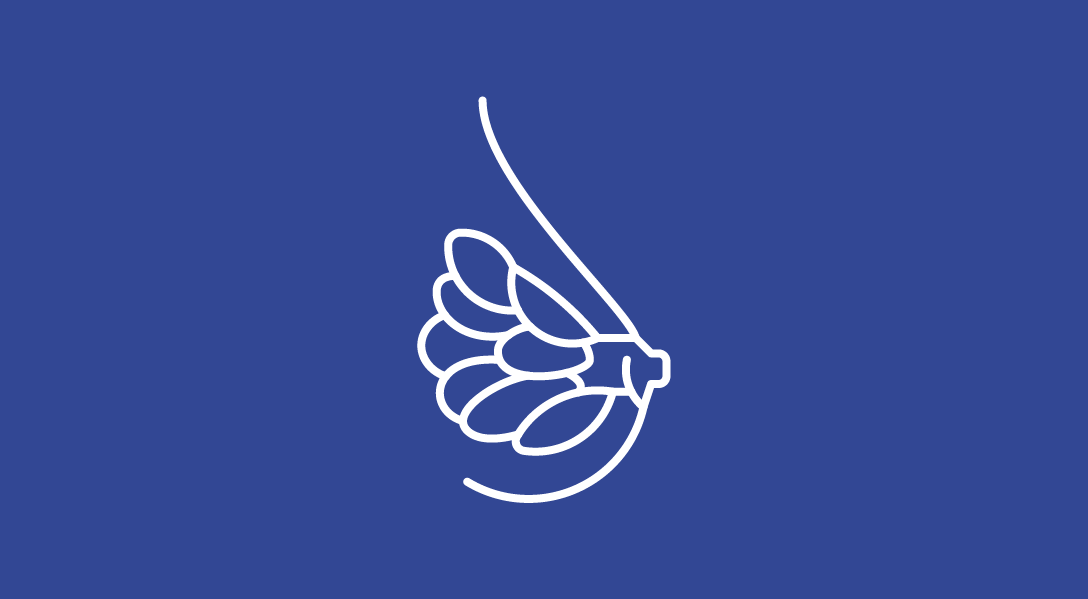More Sensitive Stress-Management Tools Needed for Latina Women With Breast Cancer
A study looking at the care experiences and possible stressors for Latina women undergoing chemotherapy to treat their breast cancer has found that this patient population feels particular stress related to their family and other interpersonal relationships.
Dinorah Martinez Tyson,
PhD, MPH, MA
A study looking at the care experiences and possible stressors for Latina women undergoing chemotherapy to treat their breast cancer has found that this patient population feels particular stress related to their family and other interpersonal relationships, and that stress management interventions should focus on building self-care skills in a way that is culturally relevant and language-specific.
With an estimated one in every three Latina women facing a diagnosis of cancer in her lifetime, researchers at the Moffitt Cancer Center and their collaborators at the University of South Florida designed a study to illuminate the cancer and stress management experiences of Latina women, with an eye toward designing educational programs to better meet their needs.
The findings were based on two focus groups involving 13 Latina women and 20 in-depth interviews. The majority of the women were born outside of the United States and 45% indicated that Spanish was their only language. The team also interviewed 10 cancer care providers and advocates—66% of whom were Hispanic and bilingual—to assess their opinions about Latina cancer care and compare them with those of patients.
Both the cancer patient and care provider groups agreed that there is a lack of information for the Latina community about cancer and its treatment that can cause confusion and stress among patients when combined with communication barriers.
However, the researchers discovered several other important stress-related challenges for cancer patients that were not mentioned by their providers. Many described family-related issues as important stress-inducers during cancer treatment, including fear of not being able to provide and care for their families, not wanting to be a burden to their family, and being far away from their native country and their families.
Despite these stress inducers, 64% of the cancer patients stated that they had not received any type of stress management tools or information during their chemotherapy, though 95% of the patients believed that a stress management toolkit would have been helpful.
The researchers then asked the participants how they managed the stress associated with cancer. Latina patients and their providers stated that prayer, reading the bible, and spirituality helped reduce stress. Spending time with family and trying to maintain a normal day-to-day routine was also given as a stress reducing option by both sets of participants. Techniques that were only mentioned by the cancer patients included exercise, reading educational material, listening to music, staying positive, watching TV, and deep breathing exercises.
Researchers emphasized that educational material for Latina cancer patients should be developed in their native language and written by writers who are familiar with their culture. They also stressed the importance of considering regional variations within Latino communities throughout the United States, being inclusive of Latina family members during their loved one’s care trajectory, and being more mindful of the attitudes, beliefs, and obligations of Latinas to their families.
The researchers said that their findings suggest a need for culturally relevant, language-specific stress management tools that build upon stress-reducing strategies Latinas may already utilize.
Martinez Tyson D, Jacobsen P, Meade CD. Understanding the stress management needs and preferences of Latinas undergoing chemotherapy [published online ahead of print May 8, 2015]. J Cancer Educ.
Olaparib Plus Chemo May Not Improve Outcomes vs Chemo Alone in BRCA Wild-Type TNBC
April 23rd 2024Patients with BRCA wild-type triple-negative breast cancer treated with olaparib on a gap schedule with chemotherapy did not experience improved responses compared with chemotherapy alone in the neoadjuvant setting.
Nurse Practitioners Weigh in on Data From the San Antonio Breast Cancer Symposium
January 16th 2023Loyda Braithwaite, MSN, RN, AGPCNP-BC, AOCNP; and Jamie Carroll, APRN, CNP, MSN, highlight presentations from the 2022 San Antonio Breast Cancer Symposium that will influence oncology nursing practice.
FDA Grants Accelerated Approval to Fam-Trastuzumab Deruxtecan-Nxki in HER2+ Solid Tumors
April 5th 2024The FDA granted accelerated approval to fam-trastuzumab deruxtecan-nxki (Enhertu) for patients with unresectable or metastatic HER2-positive solid tumors who have received prior systemic treatment.




